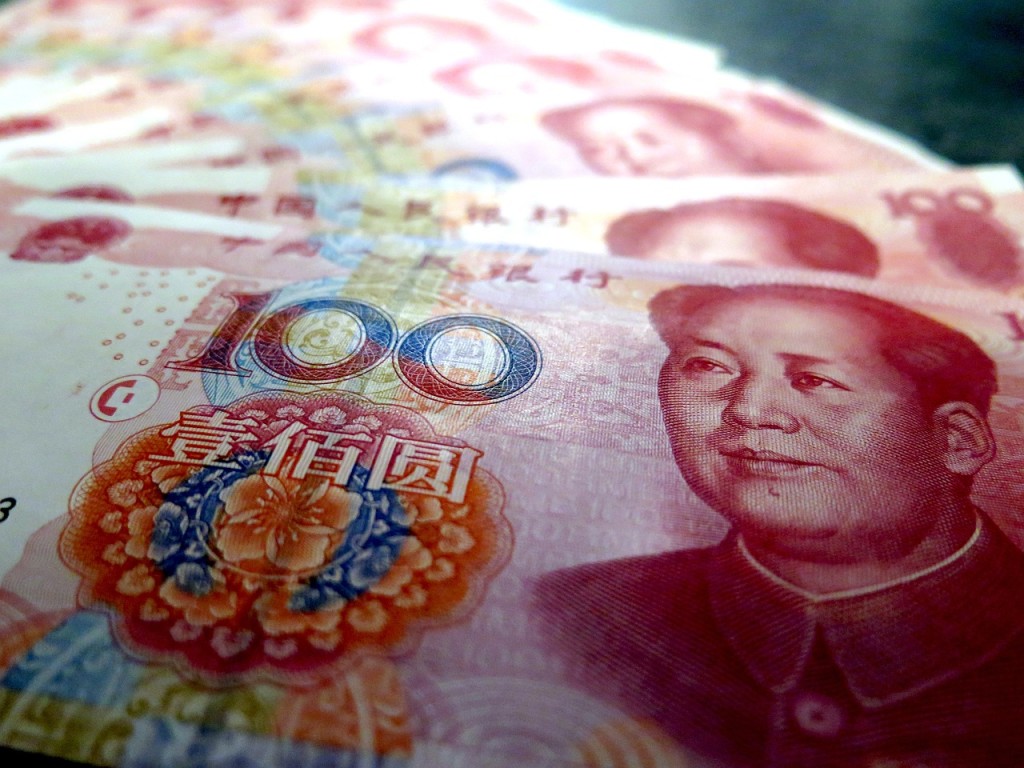One of the more important jobs of the accounts payable professional is keeping up with what is happening in the industry at large. This is critical for a few reasons, including skills development and the hunt for new technologies, but is sometimes difficult to do. That is why, each week, the team at Payables Place collects news stories and announcements on the people, companies, and events that can have the biggest impact on the accounts payable team; this cuts down on the amount of time that the AP professional needs to spend keeping up to date and makes it easier to get back to the task at hand—driving strategic value for the organization.
This week in payables news includes a few developments: the Federal Reserve seems to be backing off on a September rate hike, the People’s Bank of China slashed its reference rate in the wake of a devaluation in the yuan, and Russian President Vladimir Putin is looking to launch a new international currency for Eastern Europe. Read on to find out more about these and all the other impactful news from around the accounts payable world.
FLEETCOR Announces New Executive Appointments to its Comdata Business Units
In vendor news, FLEETCOR announced this week that it has appointed two new executives to its Comdata business units. Greg Secord has been appointed President, Comdata North America Trucking (NAT) and Kurt Adams has been appointed President, Comdata Corporate Payments (CCP). Secord’s NAT serves the trucking industry with Comdata’s fuel card; Secord joins FLEETCOR from ADP, where he was in charge of ADP’s Canadian operations. Adams’s CCP serves businesses with a line of virtual card, purchasing card, and payroll card solutions. Before joining FLEETCOR, Adams was president of U.S. Bancorp’s Corporate Payments Solutions division, and worked at NOVA Information Systems prior to its acquisition by U.S. Bancorp.
Fed May Postpone September Interest Rate Hike
Fortune reported this week that the Federal Reserve appears to remain skittish about raising interest rates in September. There remains no consensus among the U.S. central bank’s leadership, with some officials wanting to raise rates because of improving labor conditions and fears of creating another financial bubble. The other camp wants to delay increasing rates because inflation remains low and the dollar’s value is rising. Complicating matters is recent economic troubles in China and the current rocky nature of the U.S. stock market.
The Federal Reserve’s base rate has remained near zero since 2008, which has caused enterprises to look for innovative ways to make the most of their cash stockpiles—low interest rates means cash parked in savings is not gaining interest at the pace it did before 2008 (if it gains any interest at all). Credit markets have also remained tight with low interest rates; a bump in the interest rate, which the Fed insists will come before year-end, could result in higher costs to borrow money and a hit to U.S. exports. Right now, many enterprises are in “wait and see” mode, as the Fed has reversed itself a few times already this year. It remains to be seen when the Fed will actually raise rates, and by how much.
Yuan Drops as PBOC Cuts Reference Rate by Most Since Devaluation
Bloomberg reported this week that the People’s Bank of China (PBOC) cut its reference rate by 0.22% to 6.3772 a dollar (from 6.3778) in the biggest rate cut since the yuan’s stark devaluation scant weeks ago. The Chinese “reference rate” is how the PBOC fixes the value of the yuan against the dollar. This large a cut in the reference rate is seen by many as the PBOC stepping back from active intervention in propping the yuan up against the dollar. The yuan slid 2.6% in August, the largest dip in 20 years, after the PBOC said it planned to move to a more market-based methodology to determine its reference rate.
This drop in the reference rate, while slight, means the dollar will go a little bit further in trade with China. Coupled with the change in how the PBOC manages the yuan’s value, and this could be a way of the central Chinese government thawing in its foreign trade stance. This is good news for enterprises that have Chinese suppliers or those that sell to the Chinese market. However, it does remain to be seen what other moves the PBOC may make to prop up the yuan.
Goodbye Dollar, Hello Altyn? In Ex-Soviet Union, Possible Future Currency Has Rich Past
In further moves to distance Russia from the West, Radio Free Europe (RFE) reported last week that Russian President Vladmir Putin suggested creating a new common currency for use between the nations of the former Soviet Union. In late August, Putin put a Commonwealth of Independent States treaty before the Russian parliament to expand the use of national currencies for trade and financial services in the Eurasian Economic Union (EEC)—Russia, Armenia, Belarus, Kazakhstan, and Kyrgyzstan—instead of using the dollar or euro. Putin’s treaty also put forward the creation of a new single currency for the zone, which he called the “altyn.” According to RFE, “altyn” is Turkish for gold, and the currency was already in use in Russia up until the late 19th century.
Putin’s proposal comes on the heels of a new Russian payments system that was put in place after Visa and Mastercard exited the country because of Western sanctions. A new common currency in the region, assuming it is approved by the economic union, could add further complexity to international trade agreements. Doing business in a new currency presents new compliance concerns, and AP professionals who may have suppliers in one of the EEC nations would do well to keep an eye on currency movements.
Check out these related articles for more:
Payables News Weekly: Invoiceware and Lexmark Ink Deal; FBI Says Wire Transfer Fraud on the Rise
Payables News Weekly: Ariba Launches Total User Experience; Hubwoo Reports Q2 Revenues
Payables News Weekly: Coupa Acquires TripScanner; Airbnb Launches Business Travel Product
Payables News Weekly: Coupa Acquires InvoiceSmash; China Falls Short on Cross-Border Payments



